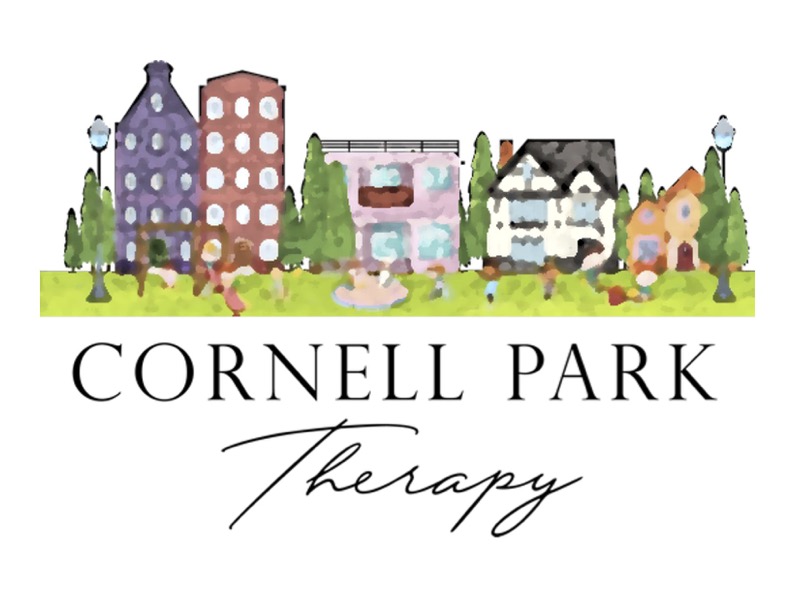
4 Additional Game-changing Reasons we offer Parent Training in Autism Treatment
Parents are the First and Most Important Teachers to their Children
Parent training is considered fundamental to the treatment of children on the autism spectrum for several interconnected reasons:
1.- Consistency and Generalization of Skills:
- Children with ASD often struggle to apply skills learned in one setting (like a therapy clinic) to other settings (like home or school). This is known as generalization.
- Parents spend the most time with their child across various natural environments (home, community).
- When parents are trained in the therapeutic strategies used by professionals, they can then consistently implement these techniques during daily routines and interactions. This continuous reinforcement helps the child practice and generalize communication, social, and behavioral skills much more effectively than relying solely on limited therapy hours.
2.- Increased Learning Opportunities:
- Trained parents can turn everyday activities (meals, playtime, chores, outings) into therapeutic learning opportunities.
- This significantly increases the intensity and frequency of intervention without necessarily adding more formal therapy sessions, maximizing the child’s progress.
3.- Tailoring Strategies to the Individual Child and Home Environment:
- Parents have intimate knowledge of their child’s specific strengths, challenges, preferences, and triggers within the unique context of their family and home life.
- Parent training empowers them to adapt and apply therapeutic strategies in ways that are most relevant and effective for their child and feasible within their family’s routines and resources.
4.- Effective Management of Challenging Behaviors:
- Parent training programs often focus on understanding the function (the “why”) behind challenging behaviors (e.g., meltdowns, aggression, repetitive actions).
- Parents learn proactive strategies to prevent these behaviors and responsive strategies to respond effectively and safely when they do occur, leading to a reduction in frequency and intensity over time.
—
In essence, parent training transforms parents from passive observers into active, informed agents in their child’s therapy. It mobilizes the parents’ unique position and relationship with the child to create a consistent, supportive, and skill-building environment that extends far beyond formal therapy sessions, making it a cornerstone of effective autism intervention.
Related Posts
4 Additional Game-changing Reasons we offer Parent Training in Autism Treatment
Parents are the First and Most Important Teachers to their Children Parent...
5 Important Life Skills for People Living with Autism
Living with autism can present unique challenges, but developing certain...


